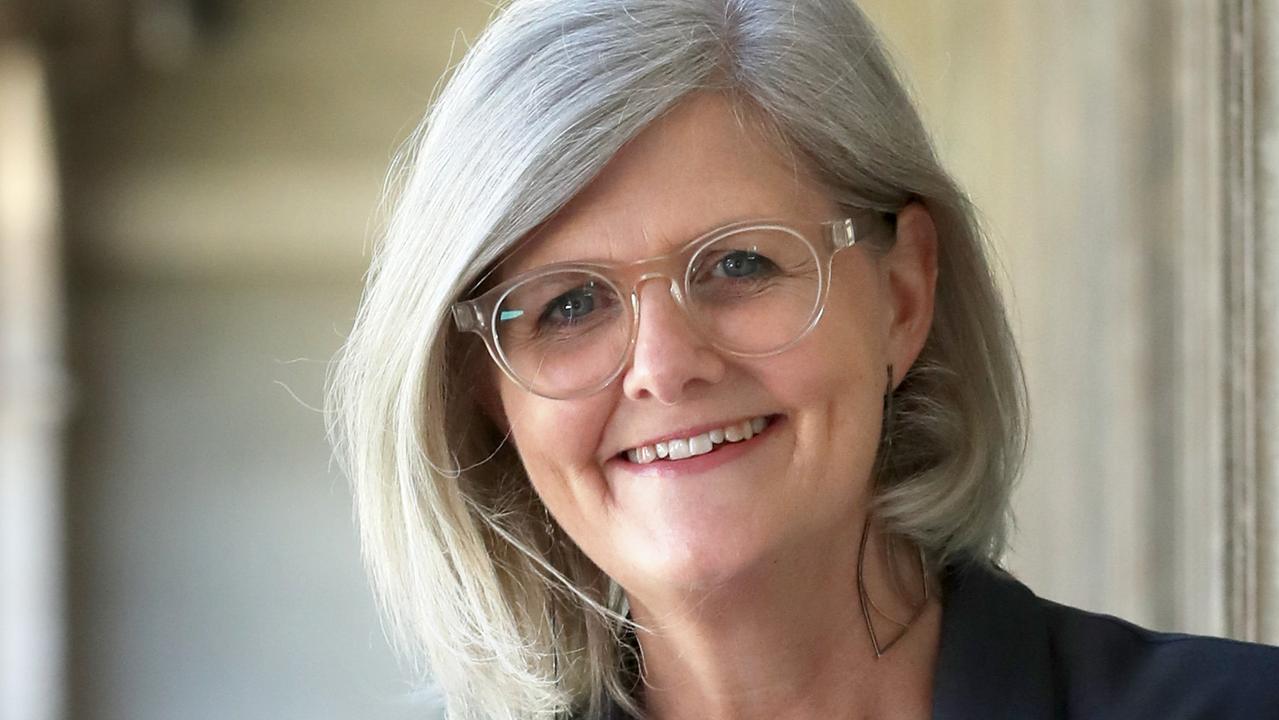Directors worried by vague definitions as social licence gains momentum
A push to codify social responsibility could create a legal headache for company directors.
A move by the Australian Securities Exchange to introduce more prescriptive guidelines to force boards to think more broadly on the issue of social responsibility could create a legal headache for directors.
John Colvin, consultant and former partner at Herbert Smith Freehills, has argued that while he was happy to talk about a “social licence” at a board level, it was a different discussion when it came to including that issue in rules set by the ASX.
“The listing requirements can be enforced by an application to court and you can imagine what can happen in these situations when you are dealing with something as vague as a social licence,” he said.
Mr Colvin, at The Australian and BHP’s Competitive Advantage forum yesterday, added that the chance of conflicting social pressures was “massive” in society. He questioned what would happen to a mining company under the proposed new rules if they had an environmental licence and support from the local community but there were people who were simply anti-mining. “You might have a group who have nothing to do with this particular mine but they have a big say on social media,” he said.
“So it becomes quite difficult for boards in terms of what their responsibilities are.”
The ASX Corporate Governance Council is reviewing the eight principles and 29 recommendations that the ASX listing rules require companies to address in their annual corporate governance statements.
The proposed changes will see the number of recommendations expanded from 29 to 38, including introducing the concepts of “social licence to operate” and acting in a “socially responsible manner”.
Alison Kitchen, national chairman of KPMG, said rules could often force change at a board level. She highlighted the response from the mining industry to the historic Mabo legislation, which introduced indigenous land rights.
She said the mining sector picked up and used principles identified in that legislation that changed the way they interacted with communities and the way they provided support services and access to infrastructure in the regions they operated.
“In the mining industry they had to start dealing with a piece of legislation, which forced them to deal with and respect some rights outside of shareholders,” she said.
Ms Kitchen added that she had talked to several directors in the past few months across different industries and most directors were broadly supportive of the concept of a social licence to operate.
“They broadly recognise that the genie is out of the bottle and the community expects companies to be accountable,” she said.
Michael Coleman, a non-executive director at the Australian Institute of Company Directors, said the industry body was concerned about the specificity of the attempt to define “social licence”.
“Particularly when you come across a very specific guidance like needing to pay people a living wage. That is a very strange and diverse concept,” he said.
“The question is why are those particular points so important and other areas of law not important.”
Sam Mostyn, chairman of Citibank Australia, argued that the conversation on basic wage was one that directors were “very comfortable” with.
“We (as directors) sit there thinking about the disparity between the highest paid people in our organisations, at the very top, and the lowest,” she said.
“We know that social inclusion and social inequity has become one of the driving forces of concern in the community.”
Mr Coleman said the AICD acknowledged that community expectations were changing and directors needed to take account of community expectations. “We do not disagree at all with the concept of a social licence. It is certainly dealing with the world’s expectations of what you think is appropriate,” he said.



To join the conversation, please log in. Don't have an account? Register
Join the conversation, you are commenting as Logout